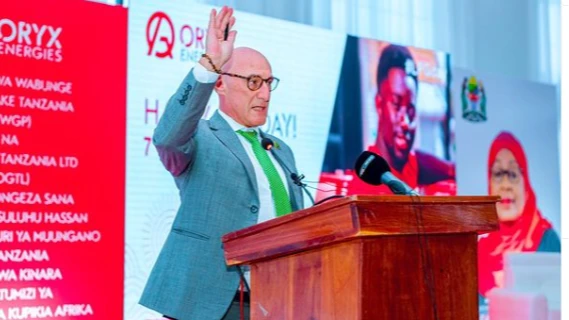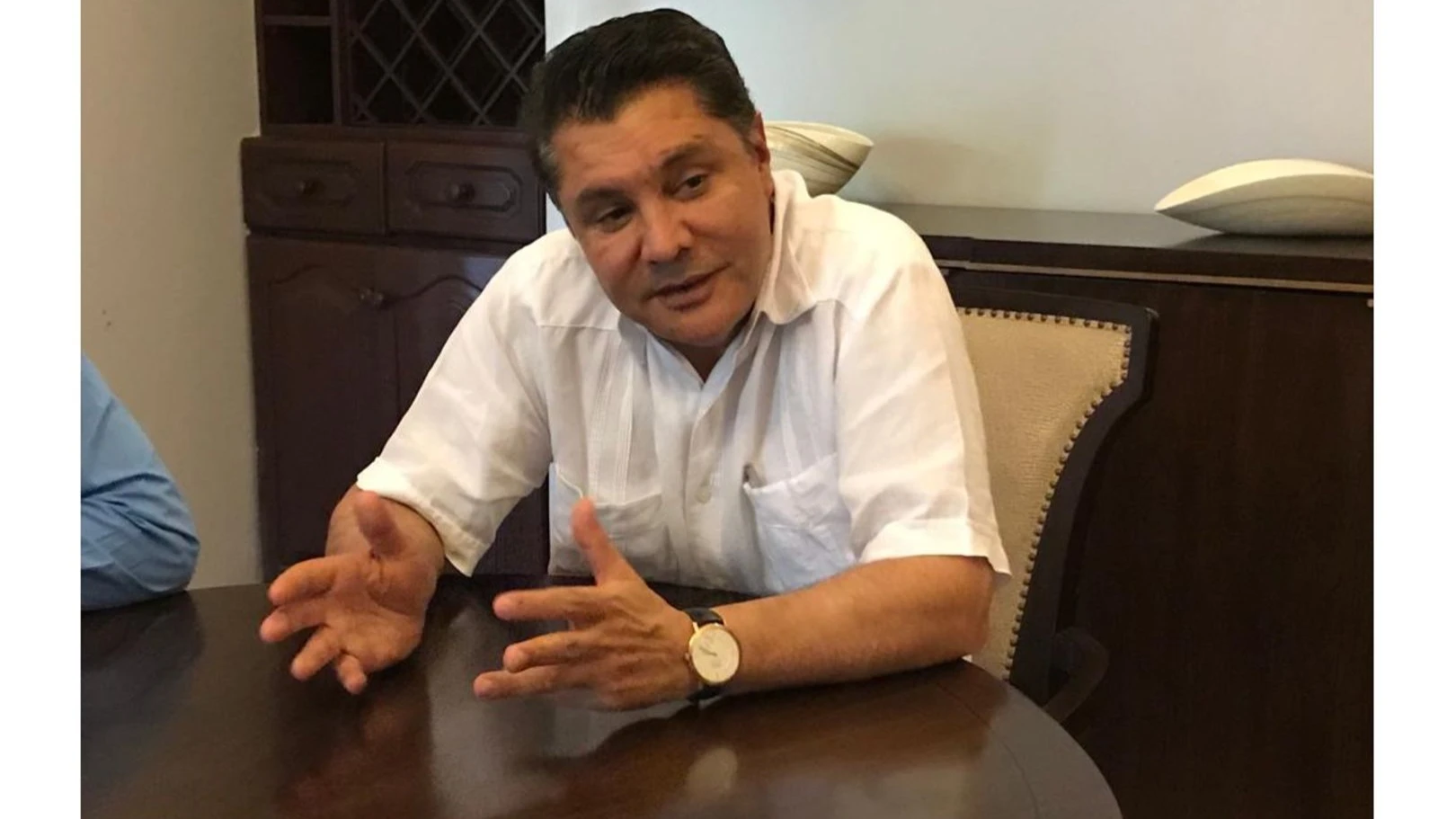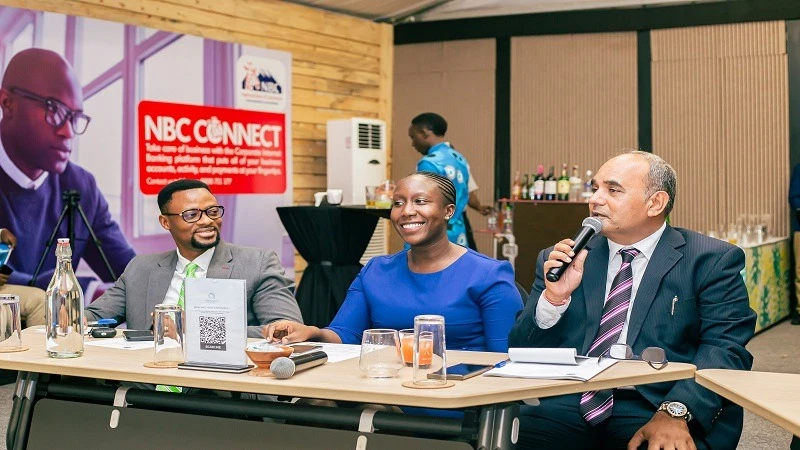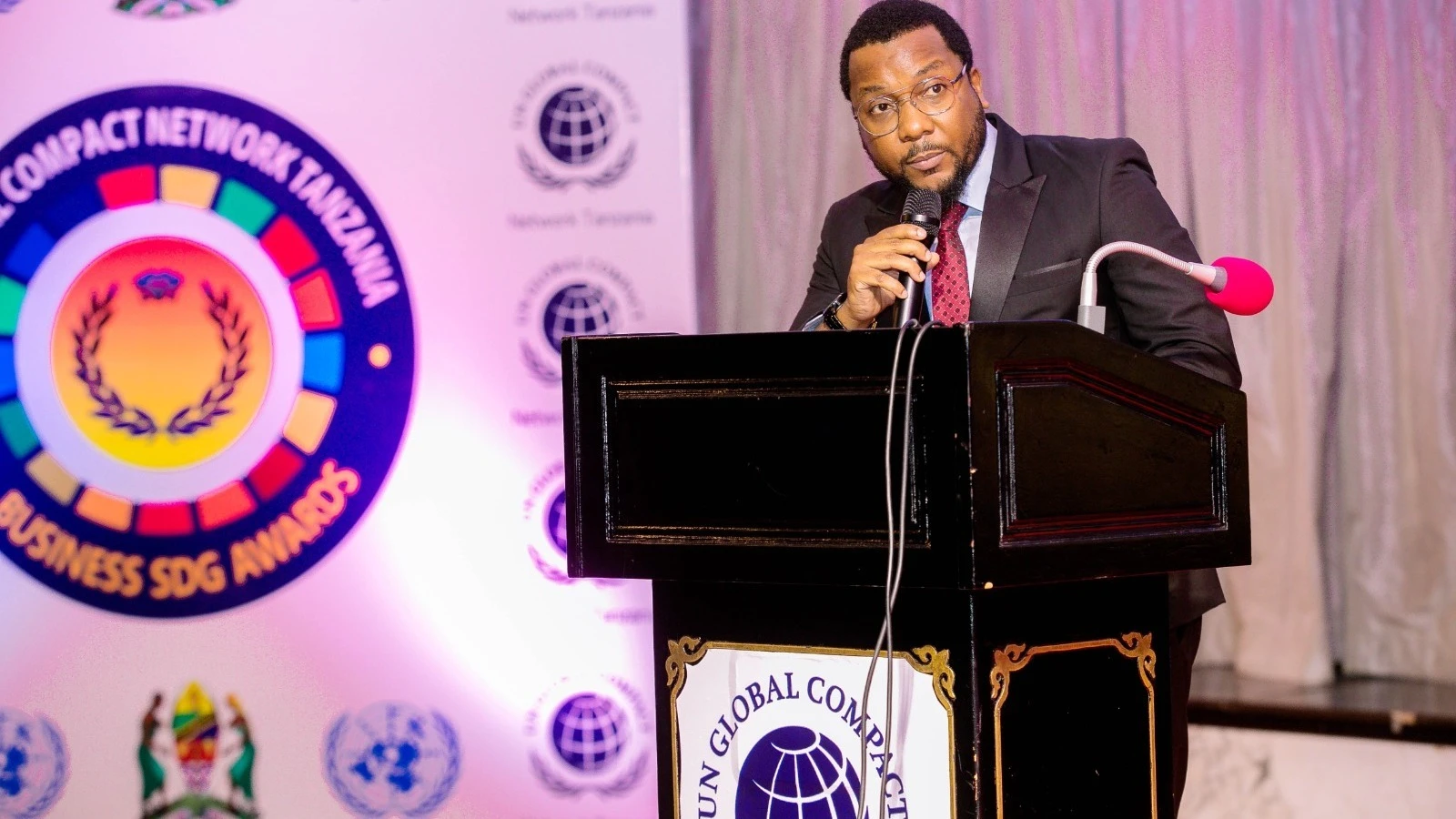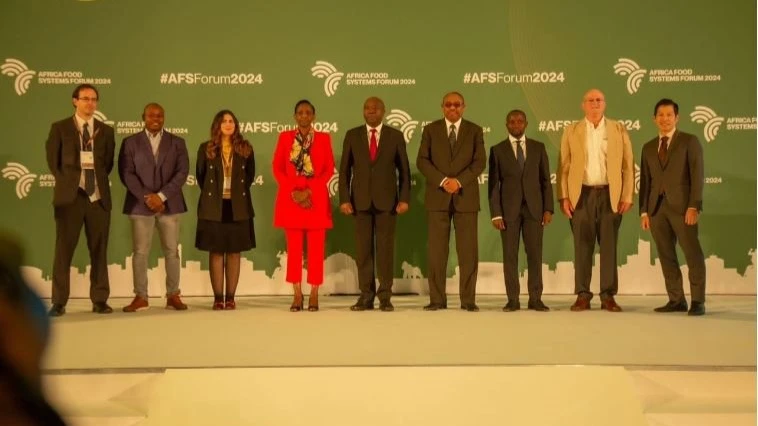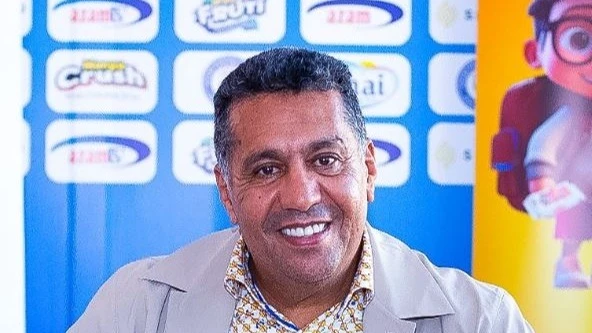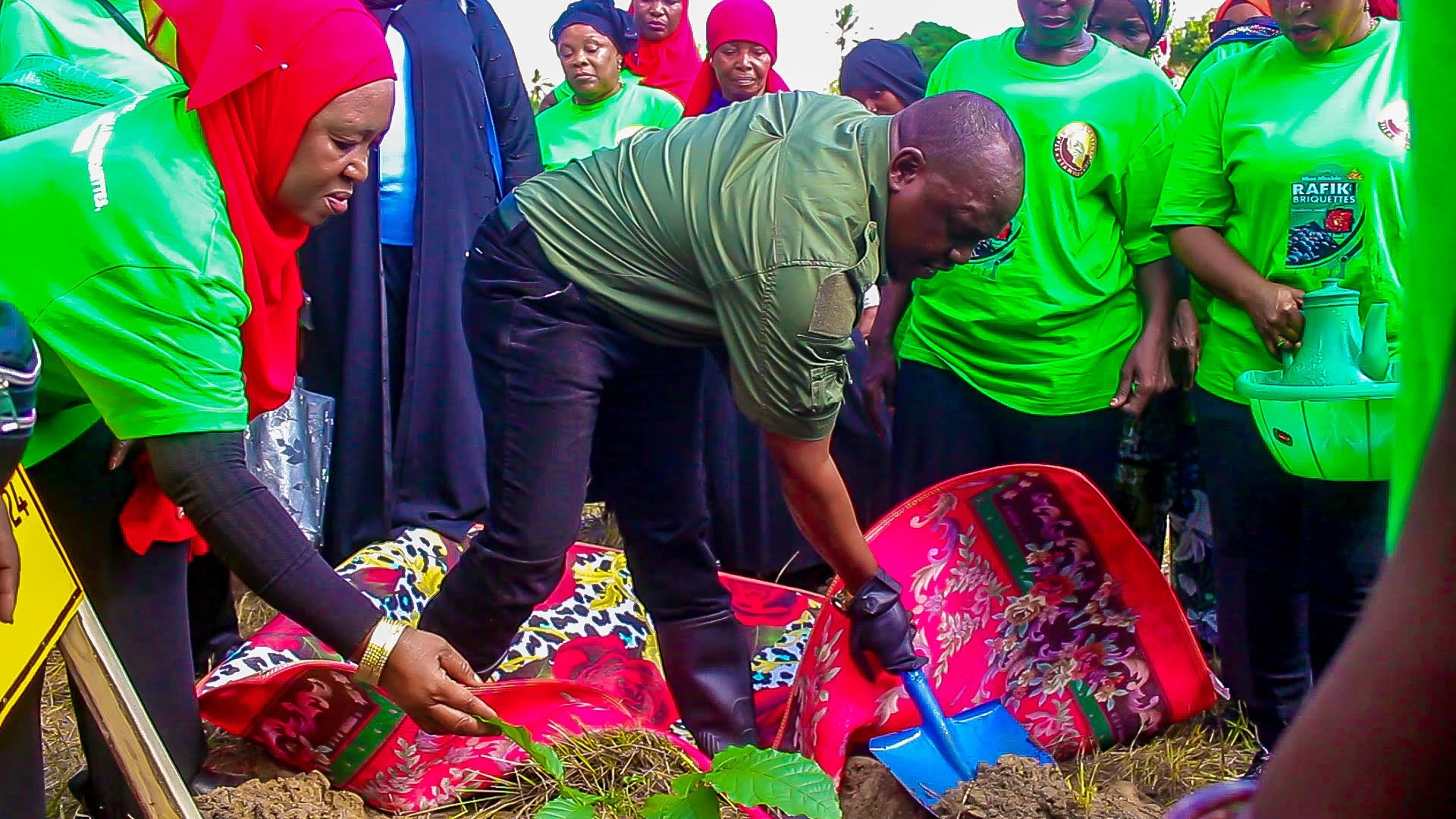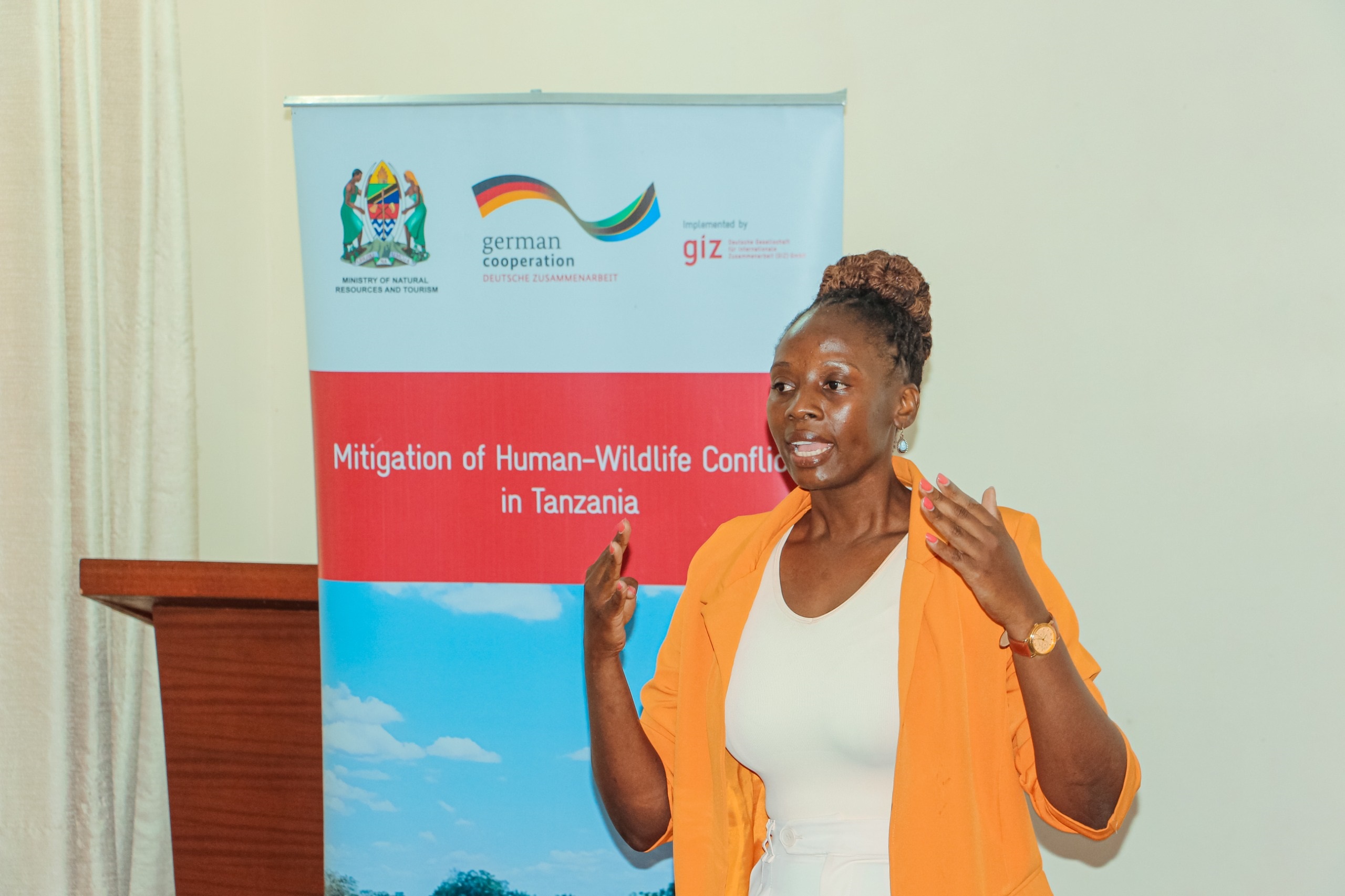Tanganyika Law Society: From election heat to renewed leadership under Boniface Mwabukusi
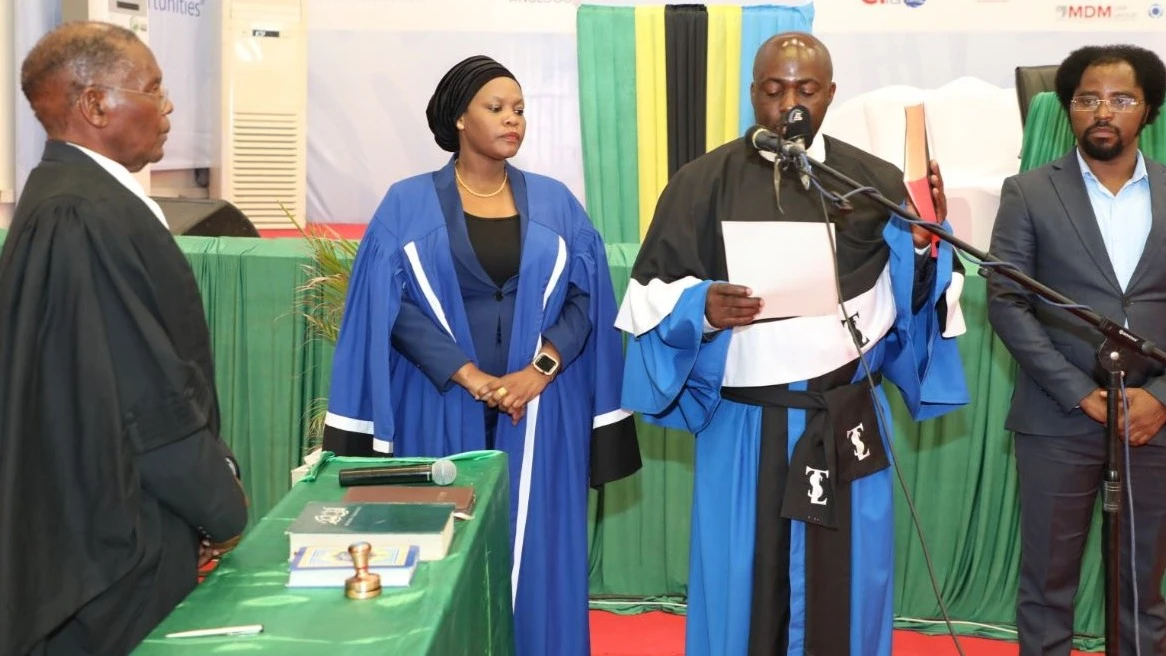
THE Tanganyika Law Society (TLS), a cornerstone of Tanzania mainland's bar association, has been a formidable force in shaping the legal landscape since its establishment by an act of Parliament in 1954.
Over decades, TLS has stood as a bastion of legal integrity and advocacy, influencing pivotal legal reforms and championing the rule of law. Its legacy of fostering legal excellence and upholding justice has made it an indispensable pillar in Tanzanian society, continually driving progress and ensuring the protection of fundamental rights for all.
According to the TLS website, its mission is to create a conducive environment for the legal fraternity, facilitate the acquisition of legal knowledge, represent, promote, and protect members, support state organs in legislation and administration of the rule of law, and assist the public in accessing justice sustainably.
Unlike other professional associations, TLS has recently stood out for its unique community engagement, especially during its annual election season. This year, however, saw a slight decline in election fervor as Professor Edward Hosea successfully defended his presidency, easing some of the usual tensions.
Professor Hosea, who campaigned on a platform of “Constructive Dialogue,” won with 621 votes against his competitors, Harold Sungusia and Jeremiah Mtobesya, who garnered 380 and 145 votes, respectively.
TLS elections have historically been dynamic, not just within the society but also externally, due to the association's significant advisory role to the government and its institutions.
Established by legislation in 1954 as a professional association for lawyers in the country, TLS's primary responsibilities are outlined in section 4 of the Tanganyika Law Society Ordinance.
These duties include uniting, defending, and supporting the welfare of lawyers in Tanzania, advising the government and its organs such as the Parliament and the Judiciary, and safeguarding the interests and welfare of Tanzanians.
Over the years, TLS has experienced varied leadership styles. Notably, in 2017, Tundu Lissu, now the vice chairman of Chadema, was elected TLS president. His tenure was marked by intense friction between TLS and the government, which accused the society of political interference rather than focusing on its foundational goals, escalating conflicts between the two entities.
In March 2017, then-Minister of Constitution and Legal Affairs, Dr Harrison Mwakyembe, threatened to dissolve the society if it continued to engage in political activities.
The following year, Fatma Karume, a prominent activist, was elected president. Her tenure continued the tradition of tension between TLS and the government, especially as the society was perceived to adopt an activist stance.
On September 20, 2019, Fatma was suspended from her legal practice by the High Court for allegedly attacking the Office of the Attorney General. Although she was disbarred by the lawyers' ethics committee, her license was reinstated on June 21, 2021.
With this year’s TLS elections, attorneys Julius Mtatiro and Ally Kileo conducted a thorough analysis of the six candidates: Boniface Mwabukusi, Ibrahim Bendera, Emmanuel Muga, Revocatus Kuuli, Paul Revocatus Kaunda, and Sweetbert Nkuba.
Mtatiro, in his July 31, 2024 statement, emphasized the diverse leadership qualities and experiences of the candidates, each capable of bringing unique changes or challenges to the TLS presidency.
Reflecting on the future of TLS, Mtatiro questioned what type of president the society needs in the current national context. He pondered the expectations of lawyers, particularly young lawyers, from the next TLS president, and what lessons TLS could learn from organizations like the Pan African Lawyers Union (PALU) and the Black Lawyers Association (BLA).
He underlined the need for a president who would continue and emphasize the crucial foundations laid by predecessors such as Professors Edward Hosea and Harold Sungusia while correcting areas that require improvement.
TLS, he noted, needs a president who is professional, calm, and persuasive, with a vision that can be realistically implemented without haste. This leader should unite all lawyers, serve as a vital link between TLS and the government, and avoid turning into a "rabble-rouser" spreading hatred based on political activism or party allegiance.
Young lawyers, according to Mtatiro, are like their peers worldwide, desiring rapid changes in key areas. They need good mentors and leaders who can foster stability and a broad understanding of issues, helping them become exceptional lawyers in the future.
He emphasized the importance of building a solid ethical foundation, as outlined in various laws and the 2022 Lawyers' Code of Ethics.
In terms of international best practices, Mtatiro suggested that TLS could learn from PALU and BLA, which strategically and professionally champion human rights and work closely with governments and international legal bodies to influence legislation for justice and equality. These associations also offer significant legal support to underserved communities and provide training to lawyers to enhance their professional capabilities.
The recent election had seen Boniface Mwabukusi victorious, receiving 1,274 votes out of 2,218 cast, followed by Sweetbert Nkuba with 807 votes. Other candidates, Ibrahim Bendera, Paul Kaunda, Emmanuel Muga, and Revocatus Kuuli, received 58, 51, 18, and 7 votes, respectively. Upon his victory, Mwabukusi expressed his commitment to restoring TLS to its foundational principles as outlined in section 4 of the TLS Act.
“I will start with section 4 of the TLS Act to ensure the society fulfills its mandate,” Mwabukusi stated, emphasizing the goals of uniting, defending, and supporting lawyers, advising the government and its organs, and protecting the interests of Tanzanian society.
When questioned about his confrontational reputation, Mwabukusi assured adherence to legal principles, stating, “People say I am confrontational, but I am guided by rules, laws, and the Constitution. I speak the truth, whether good or bad, without bias.”
Mwabukusi cited his legal battles as examples of his commitment to the rule of law, including his 2020 parliamentary run in Busokelo, where he sought legal recourse after alleging electoral malpractice. “I went to court rather than inciting people. I was the only Tanzanian candidate to do so,” he noted.
He promises to uphold TLS's strategic plan from 2021 to 2025, ensuring accountability to its members and service to the community. He highlighted his 14-year legal career, during which he has defended citizens in various disputes, including land and human rights issues. “TLS must align with the needs of the people, especially in matters of the Constitution, good governance, human rights, and just laws.”
Regarding constitutional reforms, Mwabukusi pledged to advocate for a new constitution, stating, “TLS must ensure we get a new constitution and uphold the law. We will stand with the people in all our responsibilities.”
Lugano Mkisi, a newly graduated member of the TLS and a tax management expert, praised Mwabukusi's commitment to legal principles and his strategic vision for society. “Mwabukusi’s approach reflects a deep understanding of TLS's role and its critical relationship with the government and judiciary,” Mkisi remarked.
Mwabukusi's presidency marks a pivotal moment, with the legal fraternity and broader Tanzanian society keenly observing how his leadership will shape the future of TLS and its impact on the rule of law and justice in the country.
Tanzanian human rights activist and renowned journalist Ansbert Ngurumo commends Mwabukusi’s win, dismissing all challenges posed by Sweetbert Nkuba, who threatens court action. Chadema Vice Chair for Tanzania Mainland, Tundu Lissu, also praises Mwabukusi’s victory, highlighting his potential to bring significant positive changes.
By Adonis Byemelwa
Top Headlines
© 2024 IPPMEDIA.COM. ALL RIGHTS RESERVED











